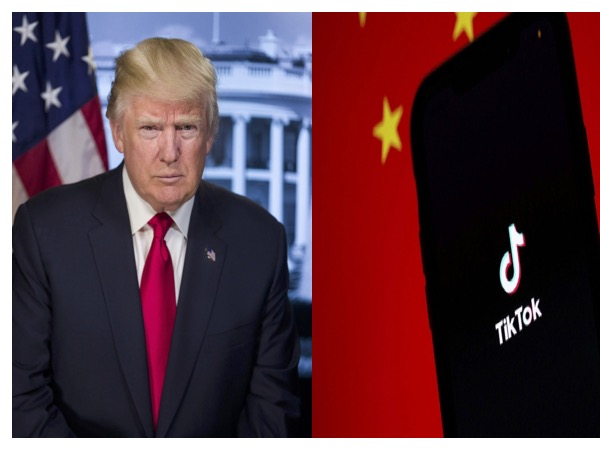During Climate Week NYC in late September, California Gov. Gavin Newson announced a new initiative to mobilize a million Californians in the fight against climate change. The plan, called Climate Action Counts, aims to unite people through everyday actions that can collectively impact the climate.
“The main goal is simply to inspire and empower Californians to take climate action, at home and together in their neighborhoods and communities, and to send a message that when it comes to climate change, we are not powerless,” Josh Fryday, the chief service officer of California volunteers in the governor’s office, said in an interview with The Inquirer.
“There is something that each and every one of us can do to be a part of the solution, and if we are going to meet California’s big goals, we actually need Californians to take action.”
According to the governor’s press release, the initiative educates people particularly around the impacts they can have as volunteers in their community.
“Every day, Californians are taking small actions that collectively are helping us create a better world for our kids and grandkids,” Newsom said in a statement. “From saving water and planting trees to taking public transit and being disaster ready – we’re all in this together.”
He added, “The Climate Action Counts campaign will empower Californians to be a part of something big and impactful – making all of our climate action truly count.”
Four years ago, the state launched the California Climate Action Corps, the country’s first statewide climate program committed to “scaling and mobilizing” people to take action, according to Fryday.
After California paved the way, 12 other states followed suit and created their own climate corps. Earlier this year, the Biden administration announced a nationwide American Climate Corps built on that model.
The Climate Action Counts campaign is seen as a way to supercharge what has already been built through the state’s climate corps, and engage more people in the process, Fryday said.
“Californians know that climate is real, it’s not academic, we’re living it every day and they want to know what they can do that’s meaningful,” he said.
The campaign lists 10 simple “priority actions” that Californians can take to help do their part, including reducing waste, composting, signing up to volunteer in their communities, and more. Solutions can be as easy as composting food scraps, creating one’s own garden, or even buying from a local farmers market.
“The whole goal is to make it easy for people to understand how they can make a difference on climate,” said Fryday.
Large companies are also coming on board to lend their help to ongoing community actions.
“The best solutions to the climate crisis come from the grassroots,” Corley Kenna, the vice president of communications and public policy at Patagonia clothing company, said in a statement supporting the plan.
Organizers of the state campaign also plan to expand in the future by partnering with universities, businesses and nonprofits.
“We are going to continue to bring in new partners, we’re going to continue to think creatively about how to reach people in their communities and make it easy,” said Fryday.
Regardless of the direction the federal government under President-elect Donald Trump goes on climate change in 2025 and beyond, California doesn’t plan to back down in its approach to the crisis.
“California has bold climate initiatives, policies and goals and we’re not going to pull back from those,” said Fryday. “As long as we have those bold goals, we are going to need Californians to step up in their communities and help.”








































































